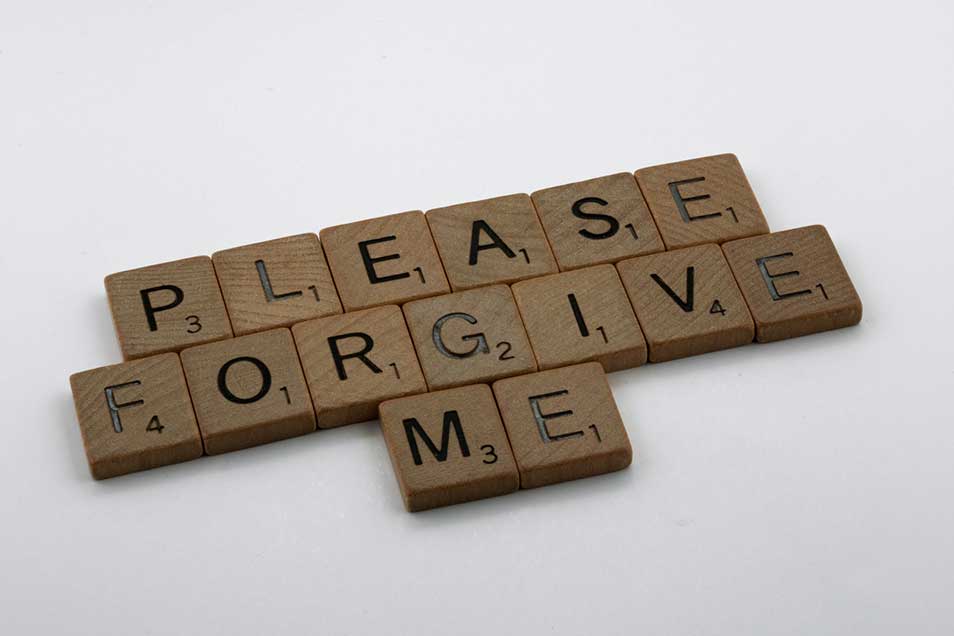How Forgiveness Can Benefit Your Mental Health (Pardon Day, September 8)
September 8 is Pardon Day, a day dedicated to seeking and granting forgiveness. Forgiveness doesn’t always come easy, though. When somebody has caused you pain and suffering, it can be hard to let go of negative feelings for them. However, studies have found that forgiving those who have hurt you may be better for your quality of life. Today’s article is going to take a deep dive into the mental health benefits of forgiveness, helping you decide whether your grudges are worth it or not.
What Does it Mean to Forgive?
When someone hurts you, it can build anger and resentment within your mind. Forgiveness is the act of consciously releasing that anger and resentment. Forgiveness can certainly look different for different people, but the end goal is the same- it means to release the anger you feel toward a person.
You may always feel hurt by the actions of the other person. You also don’t have to excuse or forget what the person did. To forgive simply means to let go of your anger surrounding the situation.
The Mental Health Benefits of Forgiveness
Because forgiveness involves releasing anger, it can have a slew of mental health benefits to offer you, including:
- Reduced stress and anxiety
- Lower levels of depression
- Greater physical health and wellbeing
- Improved sleep
- Reduced anger
- Greater sense of self-esteem
Tips for Forgiving Someone Who Hurt You
Forgiveness does not always come easily. However, the benefits it has to offer can make the effort well worth it. If you are struggling to forgive someone who hurt you, a few tips include:
Acknowledge and Validate the Pain, Understand How It Impacts Your Feelings and Behaviors, and Work to Release Those Feelings
Your feelings about the situation are completely valid. Forgiving someone does not mean that you have to excuse or dismiss the way they hurt you. Allow yourself space and time to feel the emotions, and then actively choose to let them go- for your own peace and mental well-being.
Try to Put Yourself in Their Shoes
Empathy can allow you the chance to see the situation from the other person’s perspective. None of us make the right decisions all the time, and you may be able to understand what led the person to hurt you if you try to see the situation from their shoes.
Use Mindfulness Techniques to Figure Out Your Thoughts and Feelings About the Situation
Sometimes, putting in the effort to really understand your thoughts and feelings about the situation can allow you to release them more easily. A few mindfulness techniques you can use to do this include:
- Journaling
- Meditation
- Nature walks
Know That Forgiveness Will Not Come Immediately
Forgiveness can take time and effort. It’s okay if you still find yourself experiencing bits of resentment from time to time. Choosing to forgive someone does not make the feelings their behavior caused disappear overnight. Give yourself patience and compassion as you navigate this journey.
Seek the Help of a Counselor
Sometimes, forgiveness can be hard to come by ourselves. In CBT therapy, a mental health professional can help you figure out your feelings and thoughts about the situation, understand the ways they are impacting your life, and figure out the best way to help you forgive. If you are in need of help toward forgiving someone, we are here for you. Contact us today.
Keywords: forgiveness, grudges, mental health, CBT, therapy
References:


